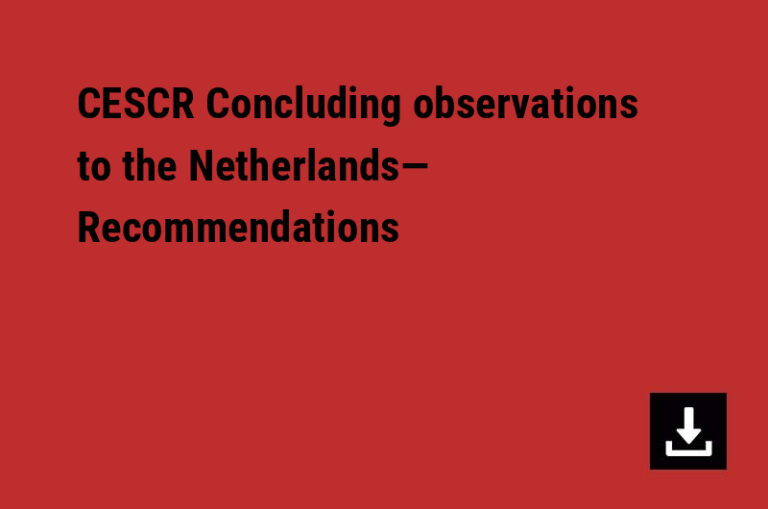Strategies must be adopted that protect affordable homes and insulate housing against speculative investors
A few weeks ago in Auckland, while getting into a cab, a colleague and I were having an animated discussion about the merits of a capital gains tax. Before greeting us, the driver chimed in with his dislike for any tax on profits from the sale of property. An interesting start to the ride. A few questions later and the cabbie revealed that he owned four properties in addition to his family home. Welcome to New Zealand.
Or should I say, welcome to the world?
Globally, residential property remains one of the hottest commodities, with assets valued at $162 trillion, a dizzying amount that is almost three times the value of every single country’s GDP combined. While individual investors want a piece of the pie, it’s largely being driven by multinational institutional investors with unprecedented amounts of capital: private equity, pension funds and asset management firms. It’s called the financialisation of housing, and it’s coming to a neighbourhood near you.
I’ve been told repeatedly by British politicians that London property is an export product for the UK
What I’ve found over the past six years as UN special rapporteur – having visited Nigeria, India, Chile, Korea, Egypt, Portugal and New Zealand, among others – is that while every country has its own particularities regarding housing there’s an overriding common thread: cities are unaffordable for ordinary people and they are being pushed out of their homes and communities.
On the surface, the problem is that rents are just too damn high. Dig a little deeper, and you’ll find that those rent prices are the product of a global financial trend towards residential property investment, supported by governments.
In essence, treating housing as a commodity is creating a global crisis witnessed in Hong Kong, London and New York, but also in Auckland, Lagos and Buenos Aires.
On the business side, it goes like this: big financial investors (private equity firms, pension funds and multinational asset management firms) survey city landscapes looking for “undervalued” properties they can swoop in and purchase to add to their investment portfolio. Once the transaction – the purchase of hundreds or even thousands of units in one fell swoop – is complete, they set about reaping profits to satisfy their investors and to generate more capital to do it all again.
In many cases, units are soon renovated, whether necessary or not. If the renovations alone don’t drive the tenants out – and in some cases, that appears to be the intention – then they are used to justify rent increases, making the place unaffordable to those living there. In other cases, billions of dollars are invested in apartments that are then rented out for short-stay tourists, or that sit empty, accruing gains and hiding capital while serving no social function.
All of this is happening with the active participation of governments. Legislators the world over have marched to the beat of the International Monetary Fund’s drum by suspending expenditure on social housing or selling it off, and weakening tenant protections such as rent caps and lease terms.
Meanwhile investors are favoured through offers of “golden visas” and tax advantages for those engaged in the purchasing of residential property, regardless of whether they intend to live there. Investors either have a seat at the political table or have a stranglehold on political decision-making.
In Spain, the city of Madrid sold more than 1,800 social housing units to Blackstone – one of the world’s leading investment firms – at a reduced price following the global financial crisis. As of last year, the value of those units had risen by 227%. It has been estimated that rent in those social housing units has increased by almost 50%. Blackstone has also been allowed to purchase the nationalised mortgage broker group, Anticipa, as well as 112,000 residential mortgages from Catalunya Caixa (again at a discounted rate); both purchases are worth billions of euros.
In the affluent London borough of Kensington and Chelsea – where the Grenfell Tower fire happened – the number of vacant units increased by 40% between 2013 and 2014. I’ve been told repeatedly by British politicians that London property is an export product for the UK, which is borne out by the facts: by 2015, more than 36,000 properties in the UK capital were held by shell companies registered in offshore havens such as Bermuda, the British Virgin Islands, the Isle of Man and Jersey. A 2017 report demonstrates that overseas ownership is steadily increasing, making up at least one third of sales in central London boroughs.
In Lagos in Nigeria you’ll find thousands of luxury and high-end homes standing vacant, shells for corrupt money and absentee owners; meanwhile almost 70% of the urban population in the country live in slums, most of which lack even a toilet. The government’s response is to stand by idly, allowing the free flow of corrupt money into residential real estate.
In the neighbourhood of Cerro Baron, in Valparaíso – one of the poorest jurisdictions in Chile and one of the most visited by tourists for its coastal location and association with the poet, Pablo Neruda – residents are being evicted and homes demolished to make way for luxury condominiums, most of which stand vacant, and few of which are owned by local residents; a reflection of the gross inequality that marks a country whose economy has been firmly based in neoliberalism since the Pinochet years.
These are just a few examples of a global housing crisis, experienced in just about every city across the planet, and the focus of a documentary film, Push, released in the UK this week. It’s an unsustainable path, the consequences of which are dire. There are now at least 1.8 billion people living in grossly inadequate housing. Informal settlements in poorer countries and tent encampments in richer ones are flourishing because people have nowhere affordable to live. In the most affluent countries, I meet students and working families living in motels, shelters and cars. One doesn’t have to be a UN rapporteur to know that homelessness is deadly, results in preventable illnesses and is an assault on dignity. Homeless people are traumatised and suffer deeply, their human rights are repeatedly violated, but states continue to act with virtual impunity.
There is, however, some pushback. City residents around the world – from Cape Town, Berlin and Hong Kong to Copenhagen, Santiago and Los Angeles – have started to demand government accountability for housing-related human rights. And their demands are clear – governments must reclaim housing as a human right by stepping back in and developing strategies that regulate investing in housing, protect existing public and affordable housing, and create accessible homes through innovative means.
It only took a 20-minute ride across Auckland for that cab driver to concede that in the light of the housing crisis, a capital gains tax in New Zealand might not be a bad idea. But in the six years I’ve been engaging with governments as rapporteur, I’ve seen too few victories. States must do more, they must do better and they must do it now. People in cities can’t wait.
• Leilani Farha is the UN special rapporteur on adequate housing. Push is released in the UK on 28 February. Leilani Farha is speaking on a Q&A panel with director Fredrik Gertten and Grenfell survivor Nicholas Burton following a special Guardian screening in central London on 1 March



